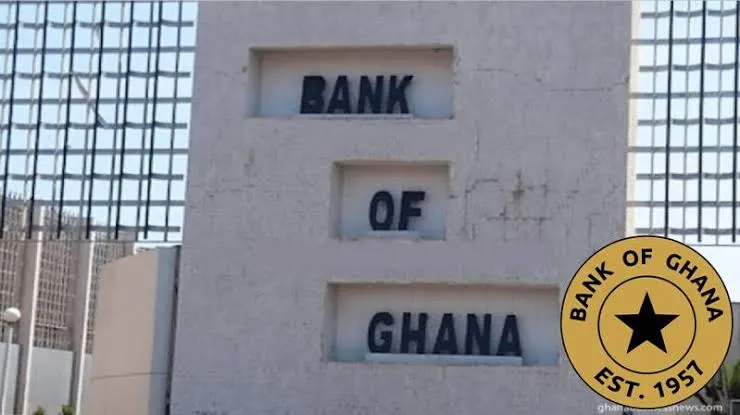In the Bank of Ghana’s report released on October 22, 2024, the E-Cedi pilot phase success was highlighted, achieving a significant milestone with a transaction value of GH₵473 million and over 96,000 transactions during this testing phase. This achievement underscores the effectiveness of the eCedi as a viable digital currency solution, involving both principal users, such as Financial Service Providers (FSPs), and their customers.
The E-Cedi pilot phase success was marked by field tests conducted in three locations: Accra (online test), Tarkwa (online test), and Sefwi Asafo (offline test). While most transactions were conducted online, offline transactions also played a notable role, showcasing the eCedi’s versatility and adaptability.
A total of 2,750 persons participated in the online pilot, carrying out various types of transactions, including peer-to-peer, person-to-business, business-to-person, and bill and merchant payments. Meanwhile, 173 participants took part in the offline pilot at Sefwi Asafo, located in the Western-North region, which was chosen for its limited telecommunication network availability.
The key objective of this pilot was to test whether the eCedi offline solution could support consecutive payments without network or internet access, providing opportunities for individuals in off-grid communities to access digital forms of payment and improve their livelihoods.
Cash and mobile money were noted as the two most preferred payment methods in the peri-urban and rural areas (Tarkwa and Sefwi Asafo). In Sefwi Asafo, cash was significantly dominant, largely due to limited access to telecommunications infrastructure, underscoring the importance of offline Central Bank Digital Currency (CBDC) in off-grid locations.
This pilot phase aimed to test the feasibility of the eCedi as a digital complement to physical currency, incorporating online and offline use cases to address the needs of urban, peri-urban, and rural areas. The report emphasized the pilot’s potential to advance broader objectives, including financial inclusion, more efficient payment systems, and improved access to formal financial services, particularly for those in remote areas. Given the pilot’s success, the Bank of Ghana is considering the next steps toward a potential full-scale implementation of the eCedi.

